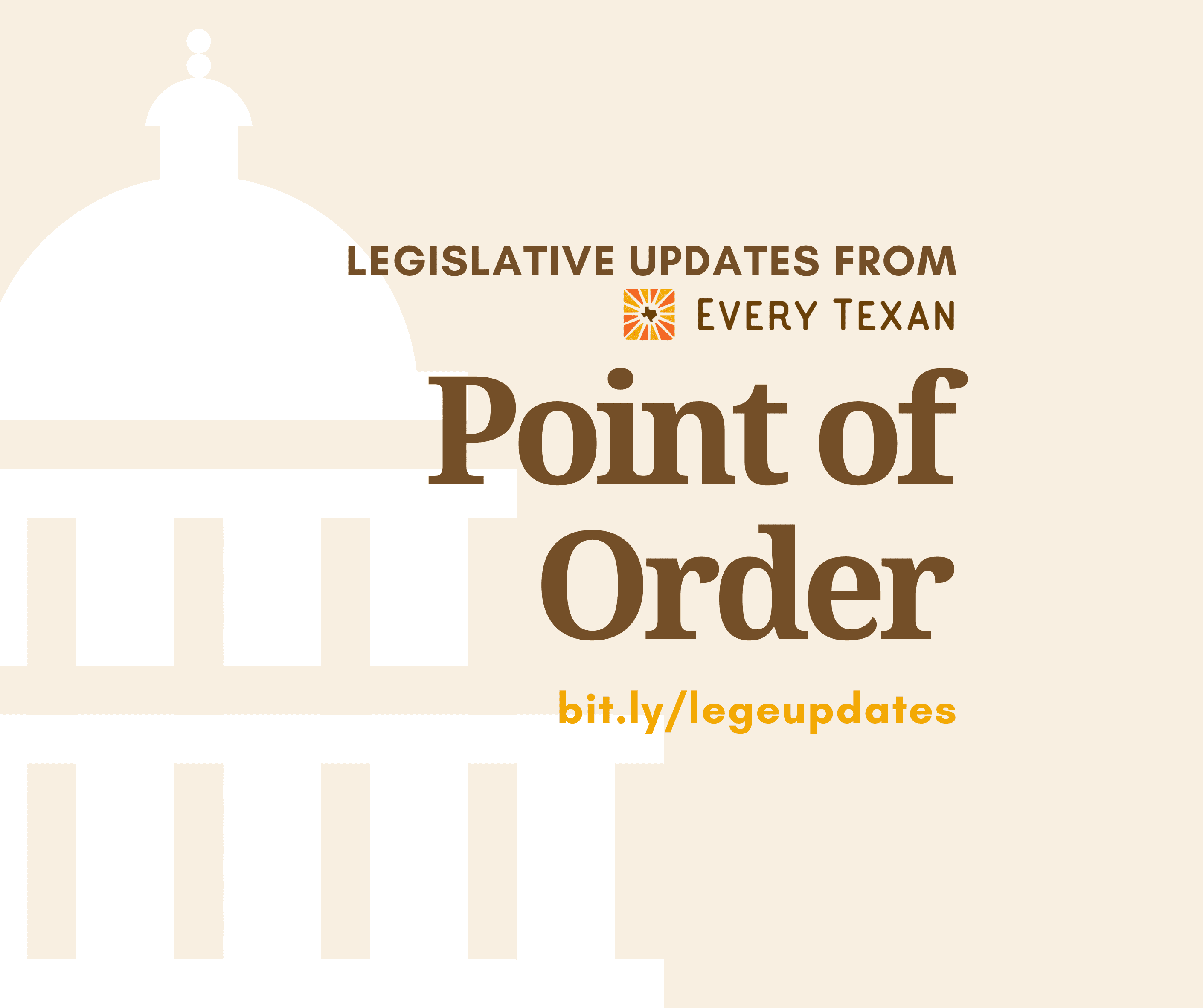As we approach the 2021 Legislative Session after an historic presidential election and a continuing pandemic that is not showing signs of slowing down, the nation is ready to leave the politics of divisiveness behind, and we’re counting on our state and federal leaders to address the epic health and economic crisis. With Texas setting a record-breaking voter turnout, Texans are engaged and ready for action in the 87th Legislative Session that is systemic, data-driven and equitable. Texas can no longer lead the nation in uninsured and we cannot cut our way out of the economic downturn.
Longterm, we know that one election won’t undo the racial, ethnic, gender and other injustices in our country and our state. It will take Texans of all backgrounds digging into our shared values to combat systemic gaps, which left Texans more vulnerable when the COVID-19 pandemic hit, and build a more just and equitable Texas. The need for people-centered policy has always existed, but it is more important now than ever.
Our Legislative Agenda Is Set
The 87th session of the Texas Legislature is less than two months away, and we have set our policy priorities for an equitable recovery. Read how we are advancing a bold long-term policy roadmap to reverse systemic inequities and ensure every Texan can thrive.
Ensuring Health and Wellness
The COVID-19 pandemic continues to rage on throughout Texas and is hitting communities of color the hardest. Places like El Paso and the Rio Grande Valley have been decimated by the virus at different times this year and are in desperate need of systemic relief. The Texas Legislature needs to provide access to affordable, high quality health care through insurance and high quality medical providers. Texas should not have the worst uninsured rate in the nation or create artificial barriers that prevent eligible Texans from accessing Medicaid, the Children’s Health Insurance Program (CHIP) and the Supplemental Nutrition Assistance Program (SNAP, formerly known as “food stamps”).
Investing in Public Schools
Parents and teachers are on the front lines of educating children in the midst of the pandemic. As a state, we continue to rely on our public schools to develop a talented workforce and promote shared prosperity, but in order to fulfill our promise to the next generation of young Texans, we cannot leave low-income and poorly resourced schools behind in the pandemic. The Legislature must make sure there is sufficient opportunity and support for every kid to get a quality education, no matter their zip code or background.
Reforming Immigration
Texas depends more than ever on immigrants. Immigrant workers fortify the construction and agricultural industries and have been on the front lines of the COVID-19 crisis. After the 2019 massacre in El Paso and a global pandemic that has disproportionately affected immigrants, Texas leaders should end the politics of hate and the rhetoric of immigrant-bashing and adopt policies that support the valuable contribution of Texas immigrants.
Investing in Higher Education
More and more Texas students are people of color who come from low-income backgrounds. Such demographic shifts require more, not less, state investment in higher education. As more students are the first in their families to attend college and more students from low-income backgrounds enter higher education, colleges need more resources to ensure students can be as successful as their peers that have had lifelong access to increased resources.
Creating Quality Jobs and Boosting Financial Security
The COVID-19 pandemic resulted in significant loss of income for many Texans. Yet data shows us not all Texans have experienced these hardships to the same degree. Black Texans and women in the workforce have filed unemployment insurance claims at significantly higher rates than others. Even for those Texans who held onto full-time jobs, it is often still not enough to support a family and provide long-term security. Texans in low-wage employment are often forced to work multiple jobs to make ends meet and still have trouble paying for rent, food and reliable transportation. Low-wage workers also face challenges paying off debt while lacking the ability to save for a secure retirement. Texas leaders must prioritize legislation centering race equity responses that support unemployed and employed Texas workers, ensure employers pay livable wages and prioritize health and wellness over corporate profits.
Reforming Budget and Tax Policy
The COVID-19 pandemic’s damaging effects on the economy and on state revenue can be mitigated if Texas lawmakers tap into the state’s Economic Stabilization Fund (Rainy Day Fund). This savings account is designed for times like these in order to avoid cuts to education, health care, higher education and other public services that rely on general tax revenue. Texas needs a budget and tax system that is equitable, adequate and responsive to our state’s growing population and needs. The ability to invest in public schools and health care that will build a more prosperous future for every Texan relies on the ability of our tax system to support those services.
